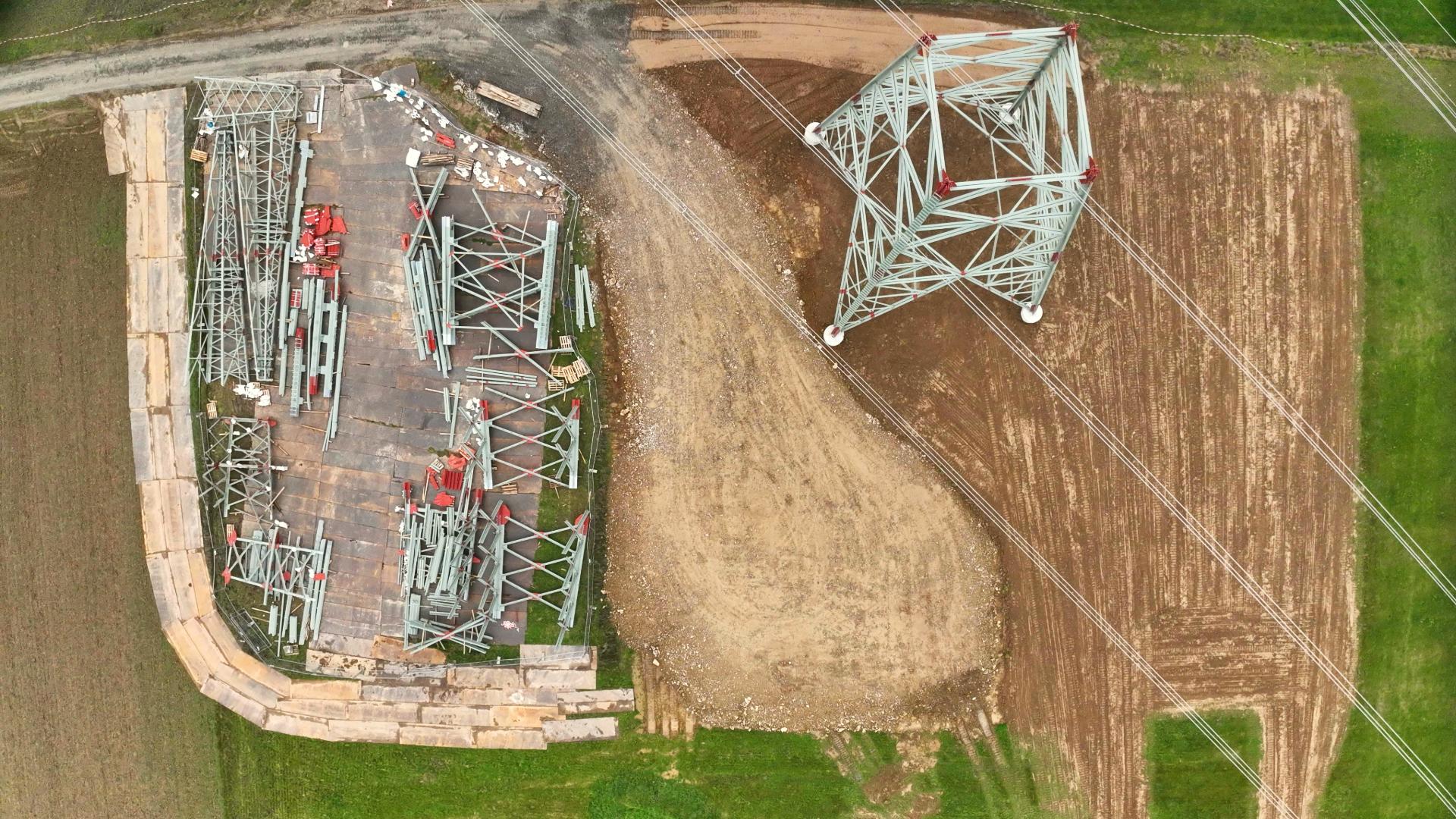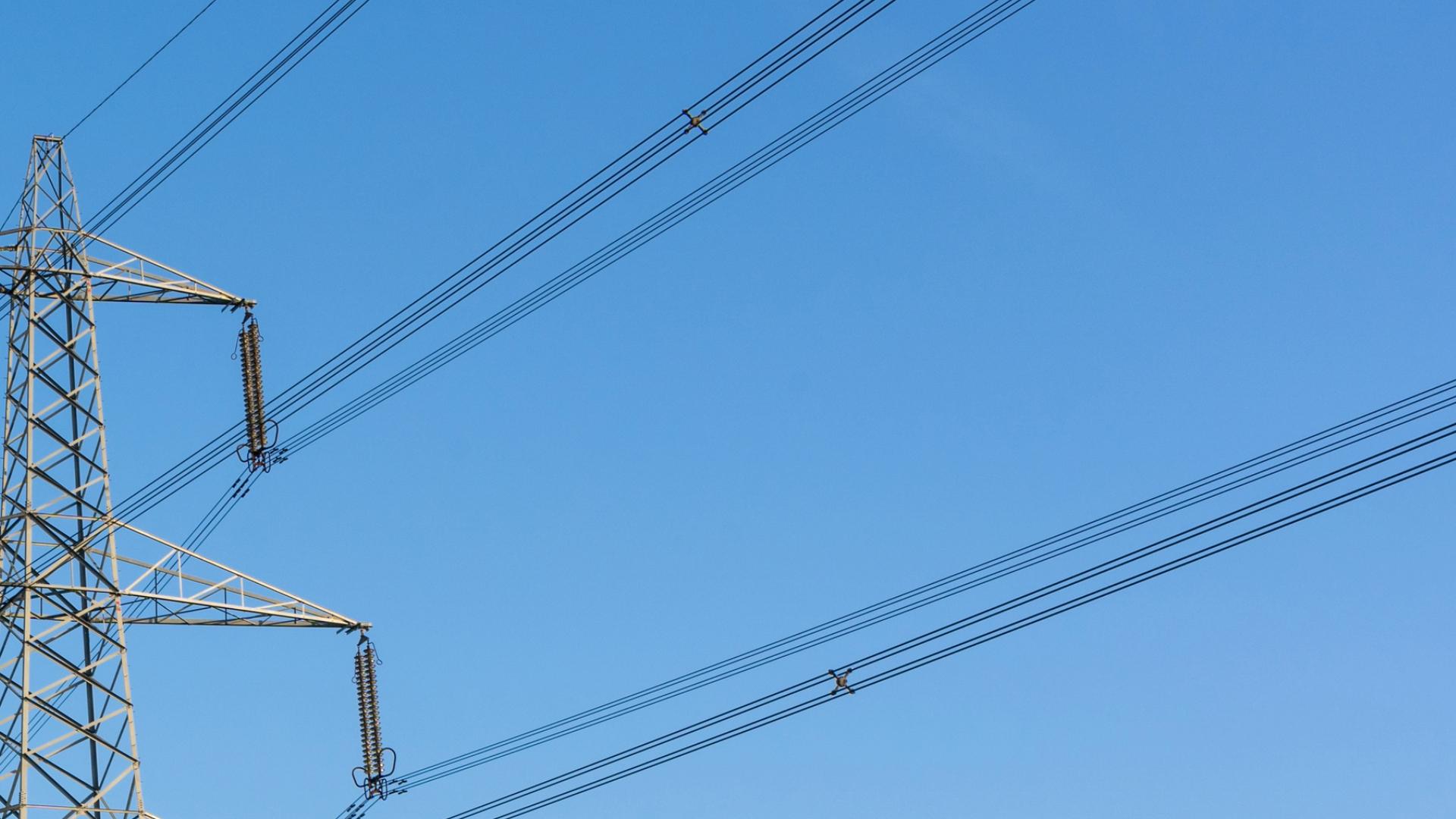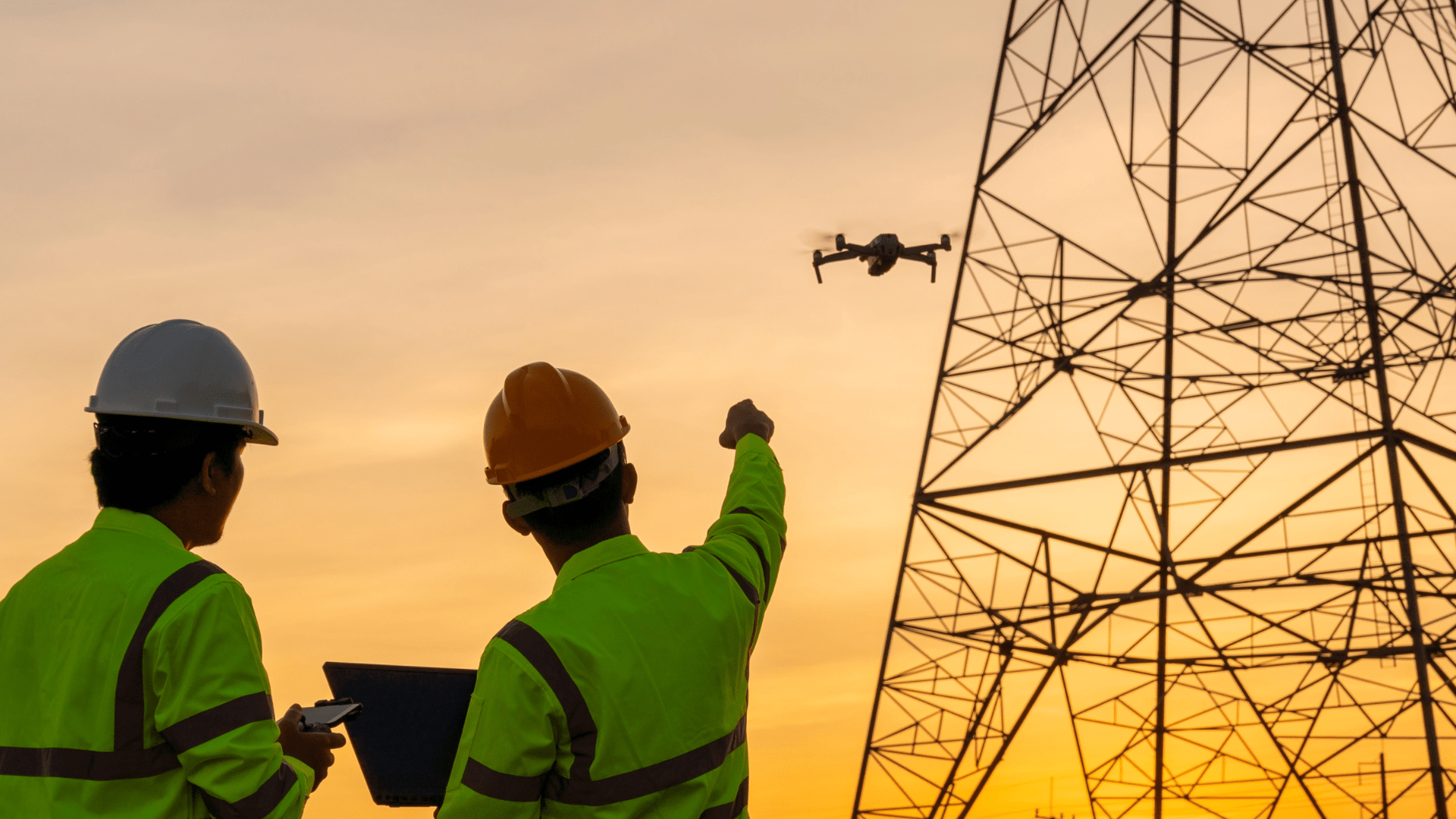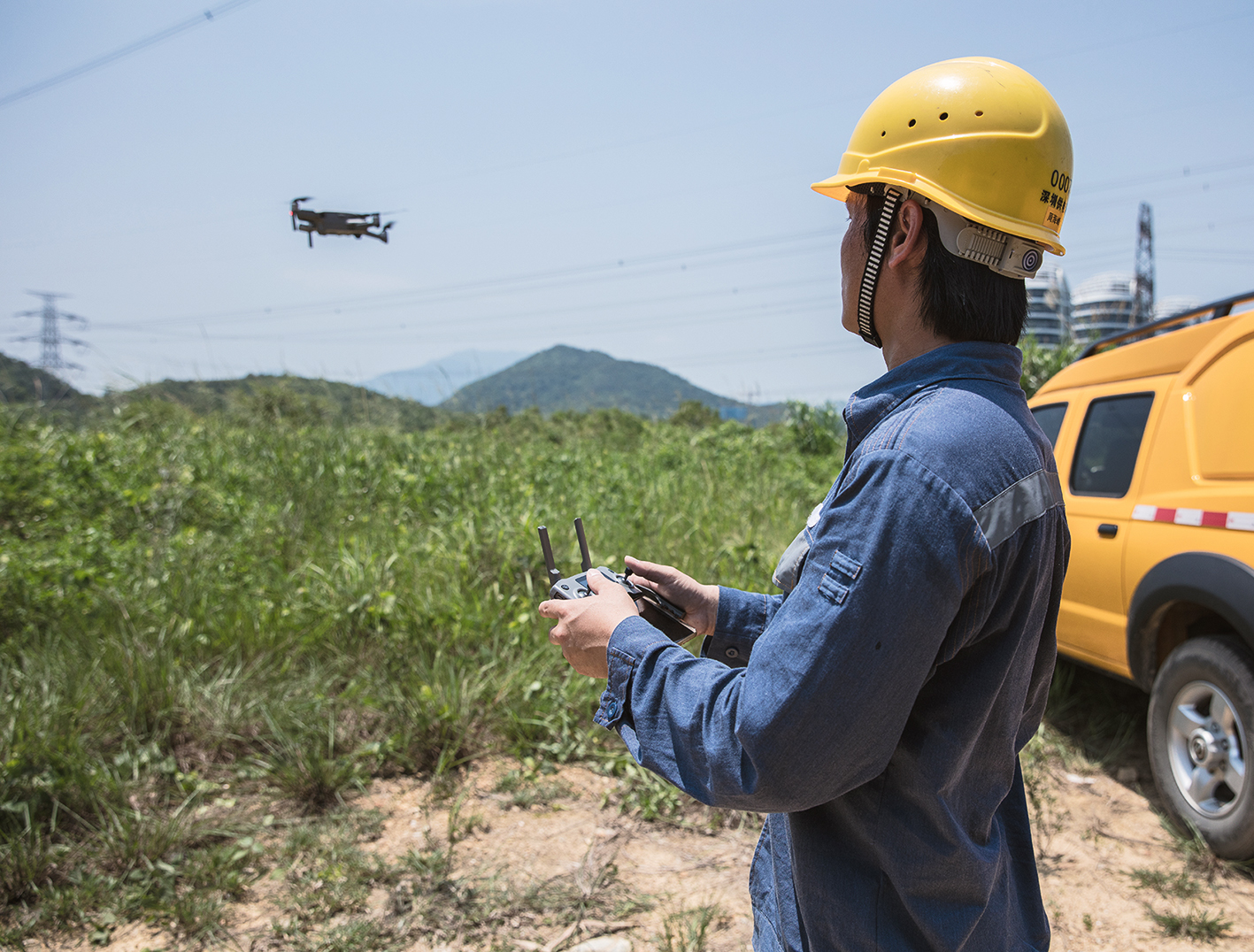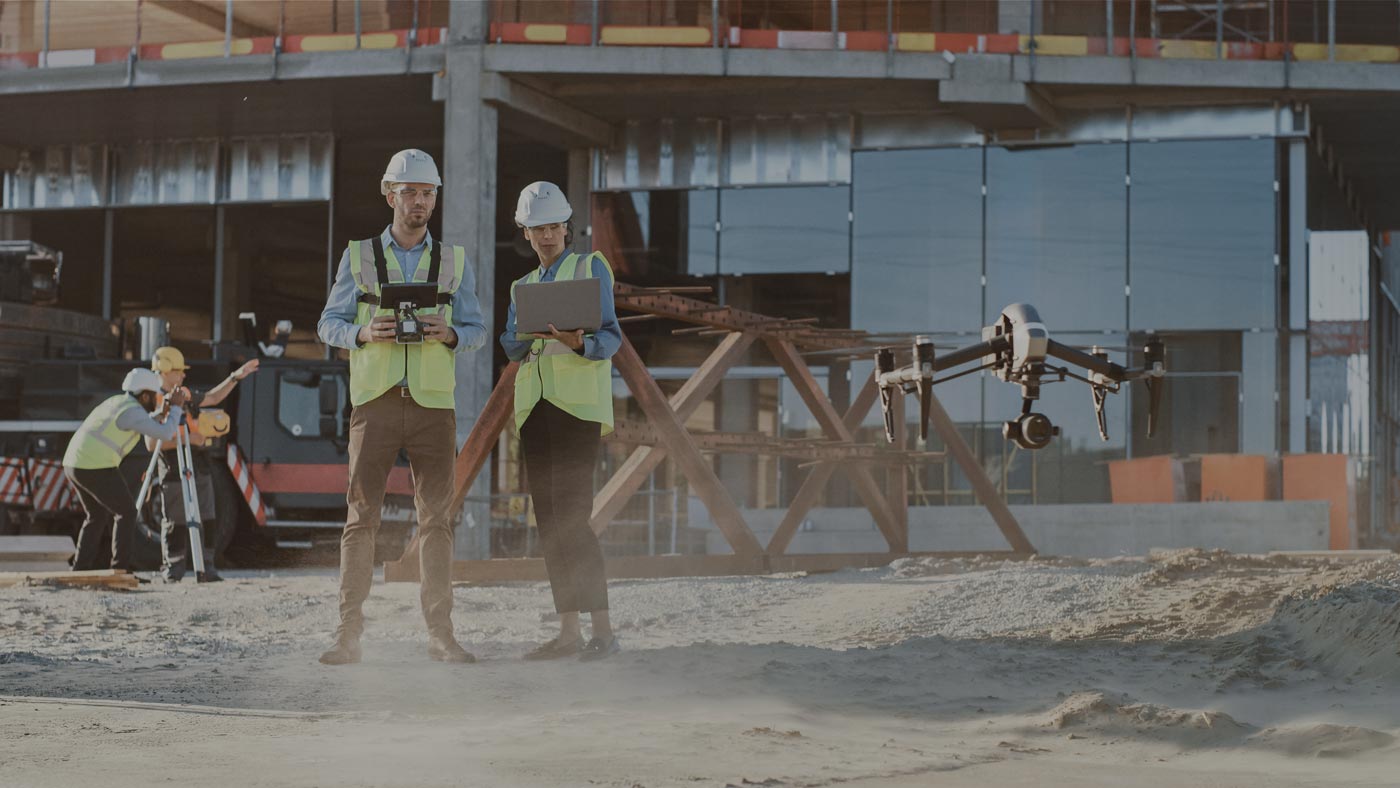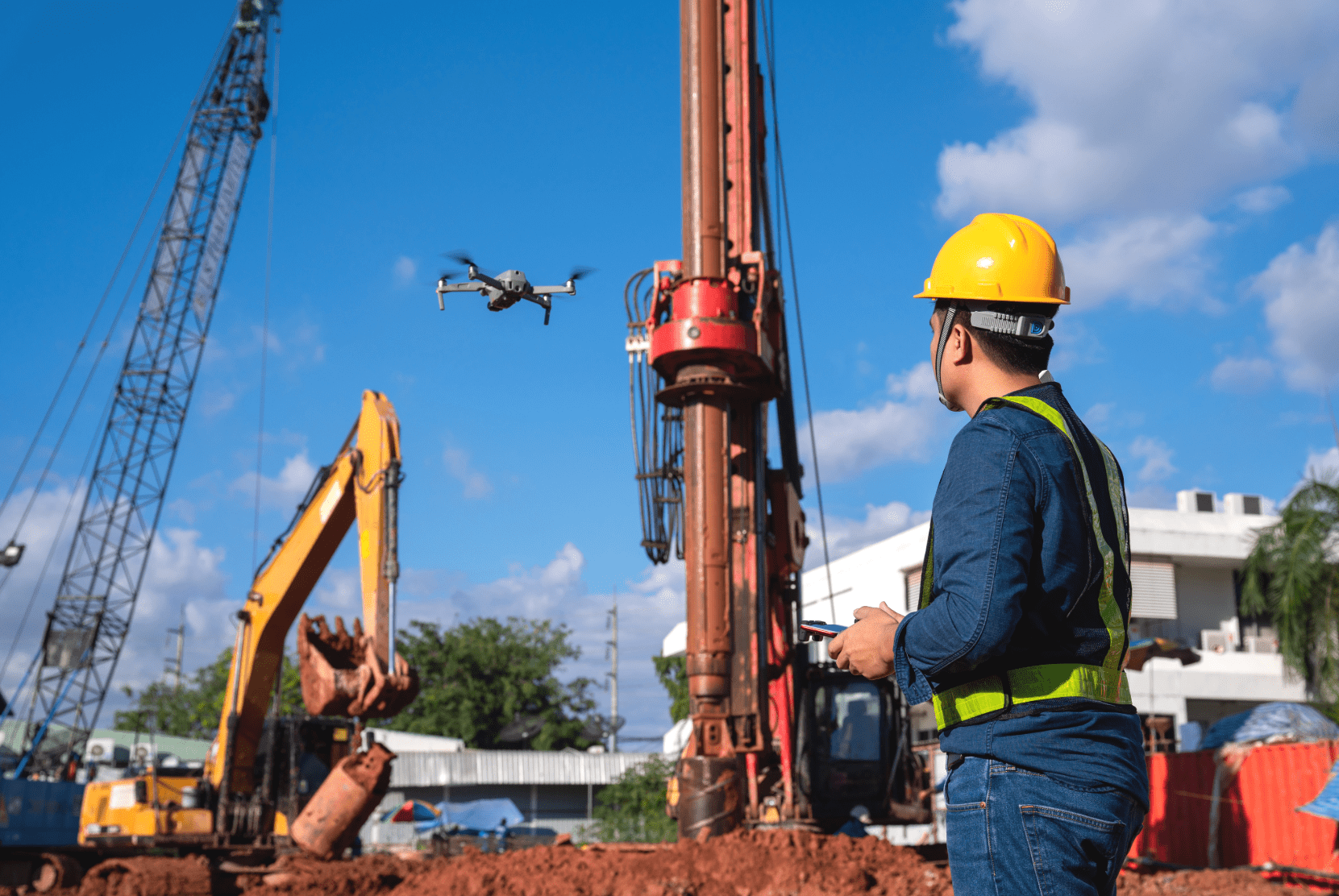Das Wohnungs- und Immobilienunternehmen ITB aus Dresden setzt seit diesem Jahr Drohnen für Projektentwicklung und Gebäudemanagement ein. Im Januar fand mit FlyNex ein Workshop für ITB-Mitarbeiter statt. Seit dem hat die ITB-Dreden GmbH ihre Dienstleistung um den Drohnenflugservice erweitert. Hier der Blogartikel dazu: FLYNEX FLIEGT FÜR DIE ITB IN DRESDEN
Wir haben mit René Bernhardt, verantwortlich für die Unternehmenssicherheit und Leiter der Region Sächsische Schweiz-Osterzgebirge, darüber gesprochen, wie Drohnen in den betrieblichen Alltag eingebunden wurden und was sich seither getan hat.
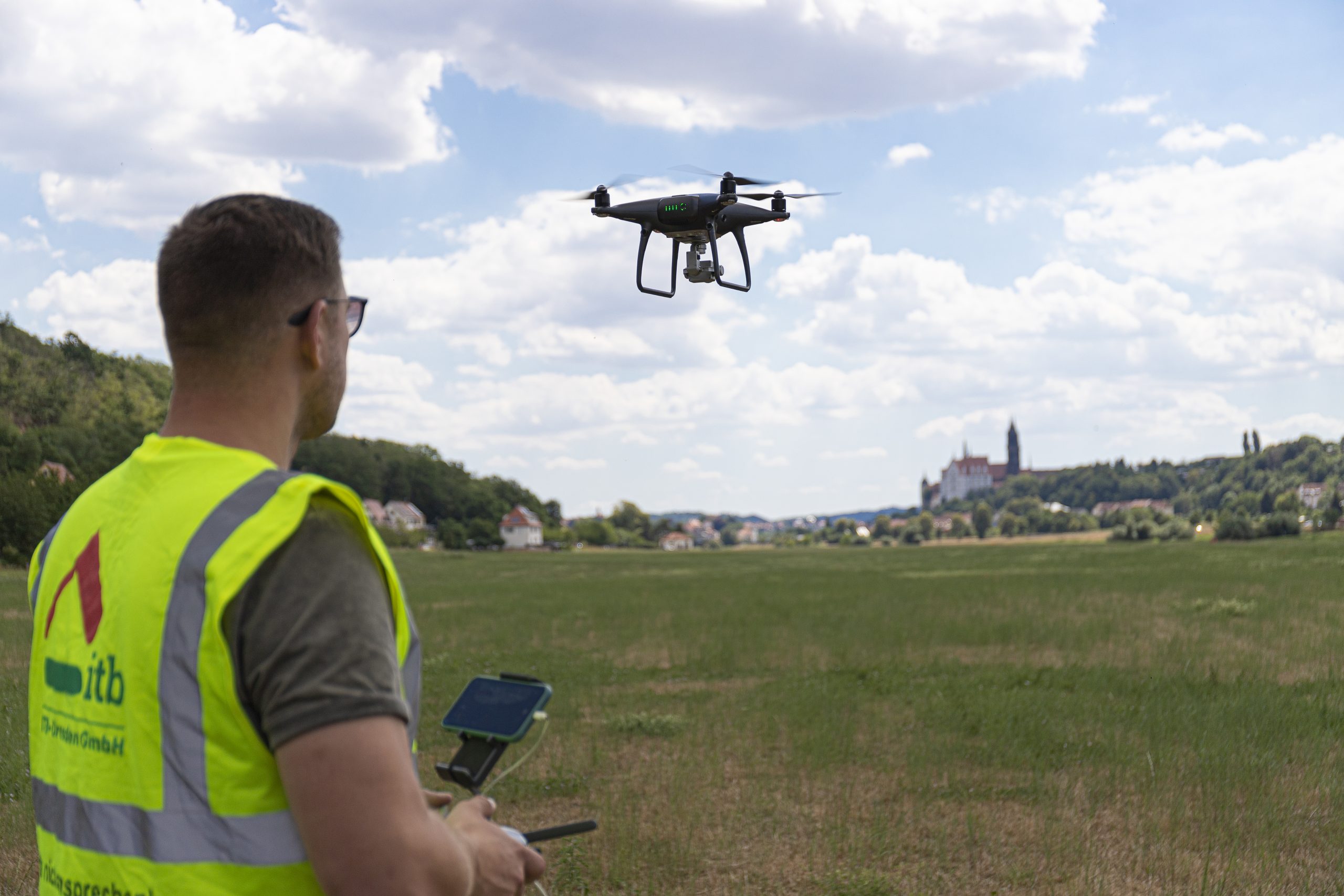

1. Wie ist die ITB GmbH damals zur Entscheidung gekommen, Drohnen einsetzen zu wollen?
Die ITB-Dresden GmbH betreut und verwaltet verschiedenste Liegenschaften. Regelmäßige Inspektion waren und sind erforderlich, um den Wert von Gebäuden und Anlagen nachhaltig zu sichern. Bisher wurden bei Inspektionen Hebebühnen oder sogar Gerüste eingesetzt.
In den vergangenen Jahren haben extreme Wetterlagen zunehmend zu teils erheblichen Schadensereignissen geführt. Davon betroffen waren Immobilien mit allen Bauteilen. Hinzu kommen allgemeine Witterungseinflüsse, Materialermüdung oder Materialalterung. Dies macht es vermehrt notwendig, flexibel einsetzbare und günstige Alternativen für die Suche, Sichtung und erste Bewertungen schadhafter Stellen zu finden. Für uns lag die Lösung des Problems im Einsatz der Drohnentechnik.
2. Wie hat sich die Arbeit seitdem verändert? Ist eine Routine in der Drohnennutzung eingekehrt?
Durch den Einsatz der Drohnentechnik ist die ITB-Dresden GmbH in die Lage versetzt worden, umgehend und schnell schadhafte Stellen bei Gebäudeinspektionen oder Kontrollen von Industrieanlagen zu ermitteln noch bevor ein signifikanter Schaden oder Folgeschäden entstehen. Der Zeitaufwand und die Vorbereitungen für diese Maßnahmen haben sich gegenüber herkömmlichen Methoden deutlich reduziert.
Mit der Erarbeitung und Nutzung von Checklisten wurden die Antrags- und Genehmigungsverfahren standardisiert und somit optimiert. Regelmäßige Schulungsmaßnahmen und Übungsstunden führten zu der erstrebten Routine beim Drohneneinsatz.
3. Wozu nutzen Sie die Drohne vorwiegend? Gibt es typische Anwendungsfälle?
Derzeit wird die Drohne für folgende Aufgaben eingesetzt:
-
- Inspektion eigener und fremder Immobilien zur Feststellung von Schäden sowie des allgemeinen Bauzustandes
- Darstellung des Baufortschritts auf den eigenen Baustellen und bei fremden Projekten
- Erstellung von Filmen zur Ergänzung von Websites (z. B. Darstellung von Sehenswürdigkeiten für Hotelwebsites)
- Erstellen von Imagefilmen über das eigene Leistungsspektrum
Um künftig ein möglichst breites Angebot für den Drohneneinsatz bieten zu können, gibt es derzeit keine typischen Anwendungsfälle.
4. Wieviel Drohnen sind derzeit im Einsatz? Und wie oft wird geflogen?
Für die Ausführung der unter 3. genannten Aufgaben ist derzeit eine Drohne im Einsatz. Diese ist für die Einsatzgebiete völlig ausreichend und auch die Anzahl der Einsätze (max. 1x pro Woche) kann damit mühelos abgedeckt werden.
Allein für Übungszwecke sind zwei kleine Dohnen angeschafft worden. Da die ausgebildeten Drohnenpiloten an verschiedenen Standorten tätig sind, erleichtert das, die notwendigen Übungsflüge zu absolvieren.
5. Welche Drohne nutzt die ITB?
Derzeit nutzen wir eine Drohne des Typen DJI/Phantom 4Pro für den professionellen Einsatz und zwei DJI Mavic Mini (für Übungszwecke).
6. Gibt es Pläne für die Zukunft, die Flotte oder Mitarbeiterzahl mit Drohne auszubauen?
Wir haben derzeit ein sechsköpfiges Team ausgebildeter und geschulter Mitarbeiter. Die Einsatzhäufigkeit und Einsatzgebiete entscheiden perspektivisch über die Ergänzung der Technik.
Wir bedanken uns bei René Bernhardt für das Gespräch und wünschen der ITB-Dresden weiterhin erfolgreiche und sichere Flüge.
Ihr FlyNex Team
